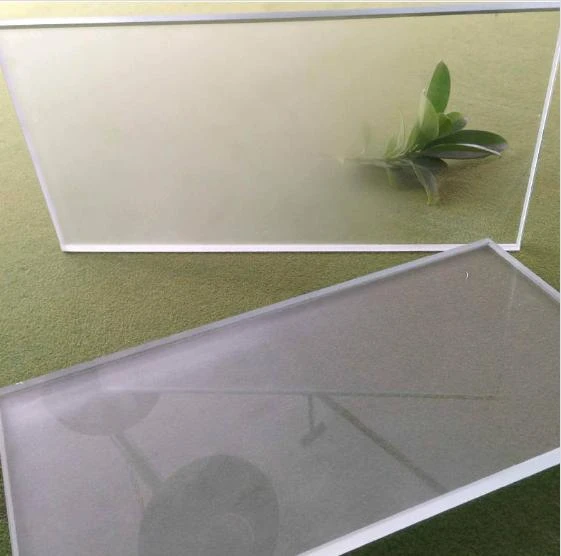Clear float glass, known for its high clarity and versatility, plays a crucial role in various industries such as construction, automotive, and interior design. When seeking to import or export clear float glass, understanding the Harmonized System (HS) code, which assists in consistent product classification across international borders, becomes indispensable. In this article, we delve into the nuances of clear float glass, its applications, benefits, and the importance of its HS code in global trade.

Clear float glass is produced by floating molten glass on a bed of molten tin, resulting in a uniform thickness and exceptional flatness. The glass’s high optical clarity and smooth surface make it an ideal choice for windows, doors, partitions, and other transparent applications. Its ability to be easily cut, laminated, tempered, and coated further expands its versatility, making it a staple material in modern architecture and design.
One of the key reasons clear float glass is favored in the construction industry is its ability to maximize natural light while providing unobstructed views. This not only enhances the aesthetic appeal of a building but also contributes to energy efficiency by reducing the need for artificial lighting. Additionally, its inherent durability and resistance to environmental elements make it a long-lasting option for exterior applications.

In the automotive sector, clear float glass is used for windshields, windows, and sunroofs due to its robustness and clarity. Its ability to undergo further treatment to offer safety features, such as shattering resistance or UV protection, adds to its value proposition for vehicle manufacturers. This adaptability demonstrates the glass's capacity to meet the stringent safety and quality standards demanded in the automotive industry.
The HS Code for clear float glass is vital for businesses dealing in international trade. It falls under the broader category of glass and glassware, usually referenced as 7005.29. HS codes are used globally and help in the standardization of customs procedures, taxation, and duties. Accurate classification under the right HS code is essential to avoid legal complications and ensure smooth cross-border transactions.
clear float glass hs code
Navigating the complexities of HS codes requires a meticulous approach and often the expertise of a seasoned customs broker. Misclassification can lead to penalties, delays, or unexpected taxes that might negatively impact supply chain efficiency and profitability. Therefore, businesses must invest in understanding and correctly applying HS codes to their products.
Trust in authoritative sources and expertise is indispensable, as the accurate classification has far-reaching implications in terms of compliance, cost, and operational integrity. For firms aiming to enhance their trade processes, engaging with experienced customs consultants or utilizing specialized software solutions can mitigate risks associated with misclassification.
Furthermore, transparency in the HS code application fosters trust among stakeholders, from suppliers and buyers to regulatory bodies. Providing detailed product descriptions that align with HS code requirements enhances credibility, streamlining the customs process and facilitating smoother business operations.
For companies dealing with clear float glass, establishing themselves as experts in the field involves not only focusing on product quality but also ensuring excellence in trade compliance. This dual focus on product and procedural proficiency strengthens market position and builds a reputation of reliability and authority.
In conclusion, clear float glass is more than just a transparent medium; it is a critical component of international trade facilitated by the correct application of HS codes. By mastering these codes, businesses not only enhance their credibility but also ensure seamless operations across global markets. Embrace compliance, invest in expertise, and leverage the full potential of clear float glass in today’s competitive landscape.



